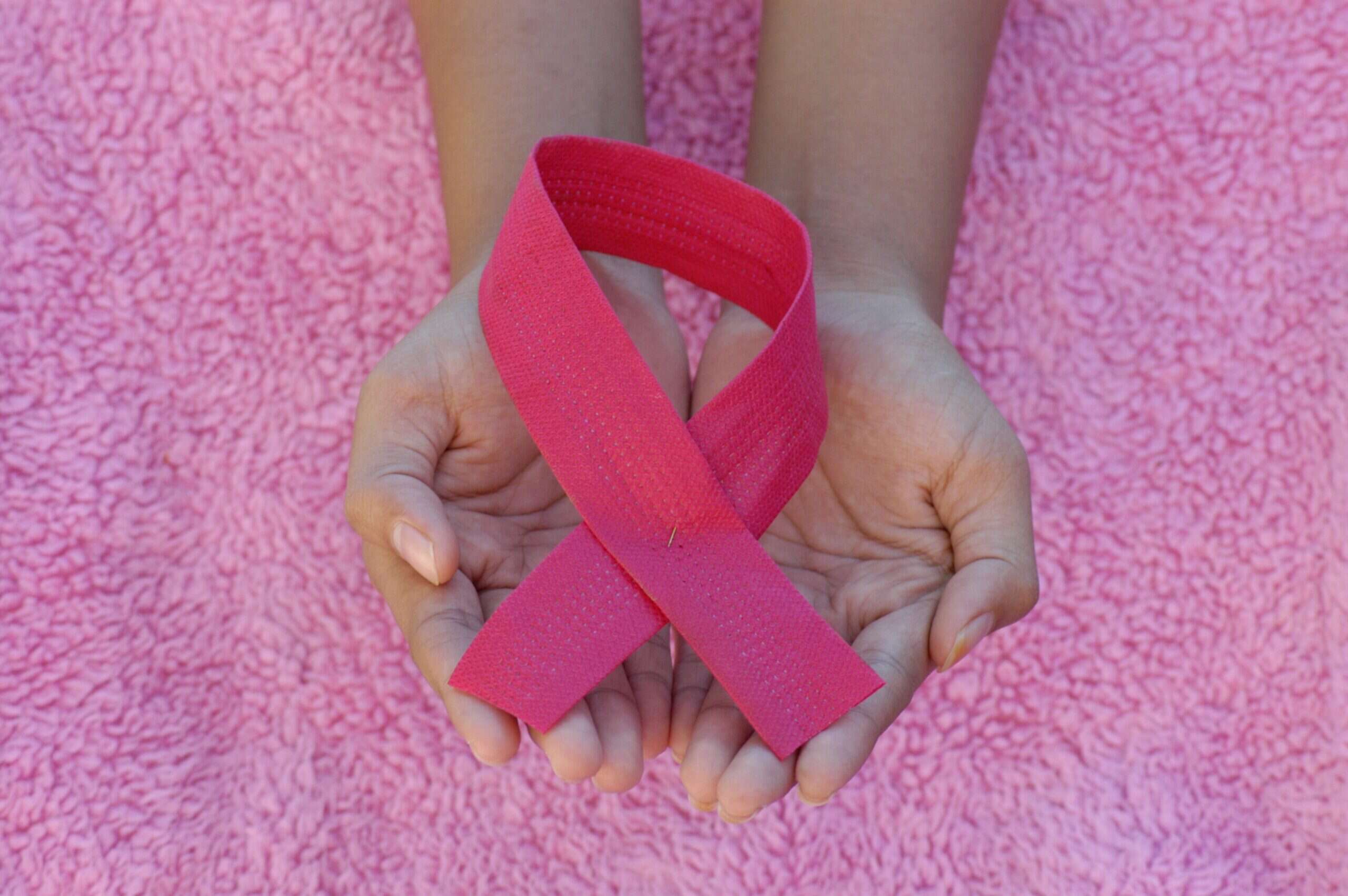If you’ve seen or heard the BRCA genes test in the news recently, you may be wondering whether or not to have it.
What does it mean if you have the BRCA gene?
People with BRCA gene changes are at high risk of getting breast or ovarian cancer. Knowing that you’re at high risk may require making some hard decisions about options to reduce your risk, such as surgery to remove your breasts or ovaries.
Talk to your doctor about the pros and cons of a BRCA gene test, and what’s most important for you and for your family.
What are BRCA genes?
The BRCA genes help your cells divide and grow. They also help stop the growth of new blood vessels, which can lead to cancer cells spreading throughout the body. When you have a change or mutation in your BRCA genes, this affects how well these processes work and makes it more likely that you’ll develop breast or ovarian cancer.
What does the BRCA test measure?
The test measures a change in the BRCA genes. This change can be a small physical alteration in the gene, such as a missing or extra base, or it can be an alteration of your copy of a gene that has no significance, called an allele. The test looks at your two copies of these genes — one from your mother and one from your father – at birth and again after puberty.
What are the different types of changes?
The changes can be a deletion of DNA (a gap in the gene sequence), called a frameshift, or just an extra copy of one or two base pairs. The types of changes that may be tested for are:
- BRCA1 and 2: these genes make proteins that help keep cells from growing uncontrollably and turning into tumors.
- BRCA3 and 4: these genes make proteins that control blood vessel growth.
- BRCA5 and 6: these genes make proteins that turn on and off the process of DNA repair in cells, which helps prevent cancer.
What difference does a change make?
If the change is a small deletion or addition or a base missing from one of your BRCA genes, then this does not cause any symptoms. But if there’s a problem with how the gene is working, this may be a sign that your cells are more likely to become cancerous. The risk of getting breast or ovarian cancer is increased if there’s an alteration in both BRCA1 and 2, or BRCA3, 4 or 5.
What are the benefits of BRCA gene test?
Having a BRCA gene test can help you:
- Decide whether to have surgery to remove your ovaries or breasts. Some women choose to have their healthy ovaries or breasts removed to prevent cancer. This needs to be done before they become cancerous. The benefit of removing the healthy ovary or breast is that this can be done at a younger age, so there is less chance of removing your other ovary or breast later in life.
- Decide whether you should have regular physical exams and see your doctor more often to find tumors in the early stages.
- Decide whether you should have a hysterectomy, which is surgery to remove your uterus to prevent cancer.
- Decide if you could benefit from a genetic counselor. A genetic counselor can help you decide how testing for BRCA genes might affect your life and health needs. They can also help you understand how your risks of getting cancer are affected by having the genes you do have and how likely it is that you will need cancer treatment. Finding out the results of a genetic test can be difficult and may give you more information about your health risks. But it is important to know all your cancer risks before you decide whether you want to have risk-reducing surgery or other treatment options.
Don’t postpone treatment decisions because you are worried that it will make finding or treating cancer harder. Tell your doctor if you are having trouble figuring out if testing for BRCA1 or BRCA2 genes makes sense for you.
Learn more about what are the important things to keep in mind when you are thinking about having a BRCA gene test.

